Scraping facial hair usually does not have a direct impact on health, but may cause problems such as hair growth becoming thicker, skin irritation, or folliculitis. Facial hair has the function of blocking dust and regulating skin temperature, and excessive scraping may damage the skin barrier function.
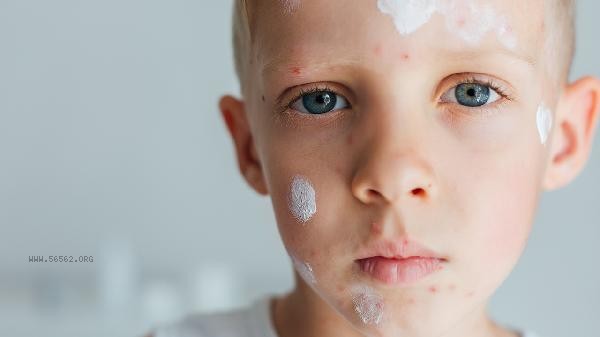
1. Changes in hair growth
After shaving, the cross-section of newly formed hair becomes flatter, which may appear thicker and harder visually. Repeated scraping may stimulate hair follicles to accelerate their growth cycle, leading to a temporary increase in hair density. Using blunt blades or incorrect techniques can easily cause hair to fall back and form small black bumps.
2. Damage to the skin barrier
The shaving process will also remove the stratum corneum, causing the loss of natural moisturizing factors in the skin. Dry skin may experience flaking and itching, while oily skin may have disrupted sebum secretion due to barrier disruption. Using cosmetics immediately after scraping may cause stinging or contact dermatitis.
3. Risk of hair follicle infection
Unclean tools may introduce pathogens such as Staphylococcus aureus into hair follicles, initially manifested as red papules with pain. In severe cases, it may develop into impetigo or furuncle, and may leave pigmentation after recovery. Patients with diabetes or people with low immunity are more prone to recurrent infection.
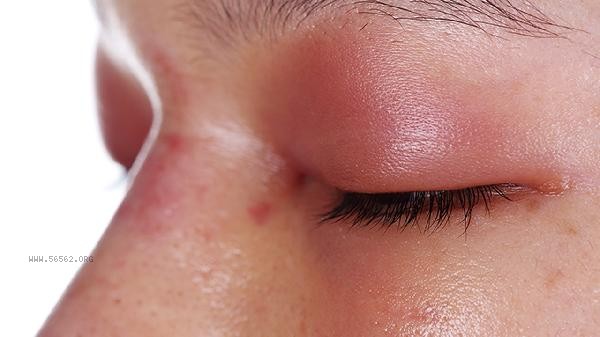
4. Pigmentation problem
Repeated scratching and stimulation can activate tyrosinase activity, promoting excessive secretion of melanocytes. Dark skinned individuals are more prone to developing pigment spots after scraping, usually distributed in a grid like pattern. Exposure to ultraviolet radiation can exacerbate color fading, so it is necessary to strengthen physical sun protection after scraping.
5. psychological dependence formation
Frequent shaving may strengthen the obsession with smooth skin, and some people may develop anxious compulsive behavior. Teenagers are prone to excessive attention to body hair due to peer pressure, and it is recommended to replace temporary treatment with long-term methods such as laser hair removal.
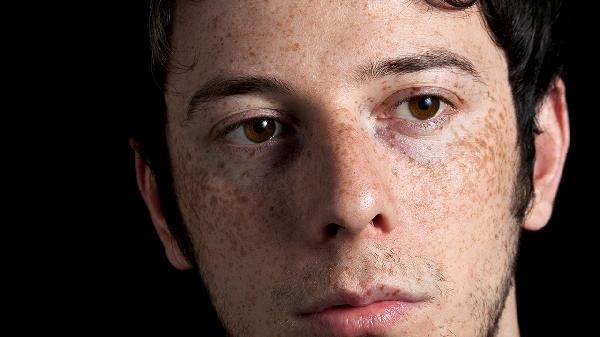
It is recommended to choose an electric shaver to reduce skin friction, soften hair with warm water before use, and apply shaving foam containing myrrhol. Immediately use ceramide repair cream after scraping and avoid alcoholic toners. If there is persistent redness, swelling or pus exudation, seek medical treatment with antibiotics. Daily use of oral vitamin E and zinc supplements can enhance skin repair ability, while keeping shavers clean and dry can reduce the risk of infection.

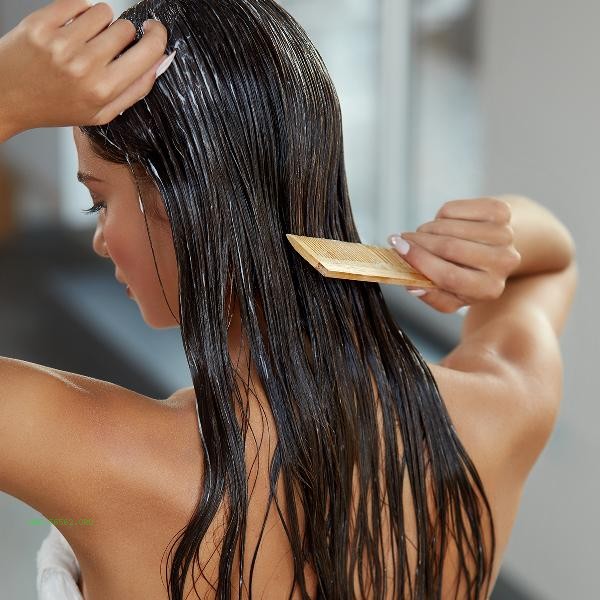
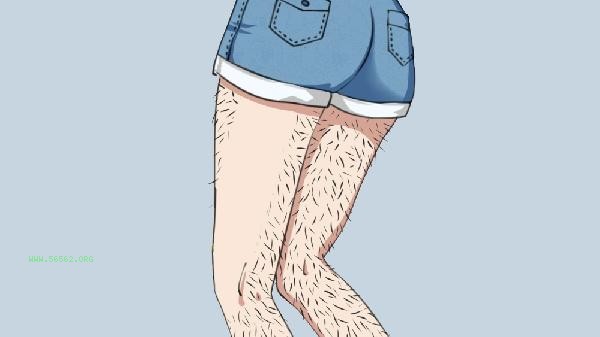

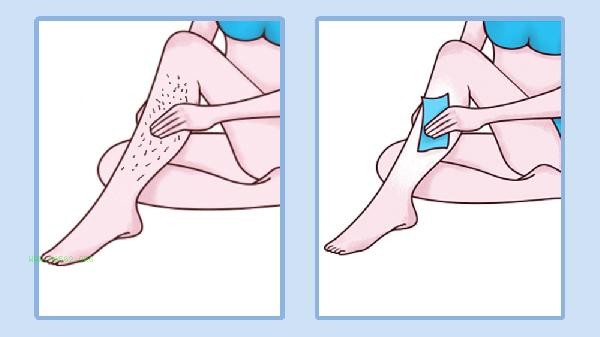
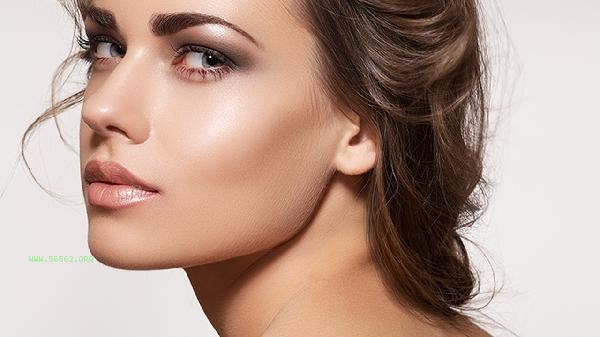


Comments (0)
Leave a Comment
No comments yet
Be the first to share your thoughts!